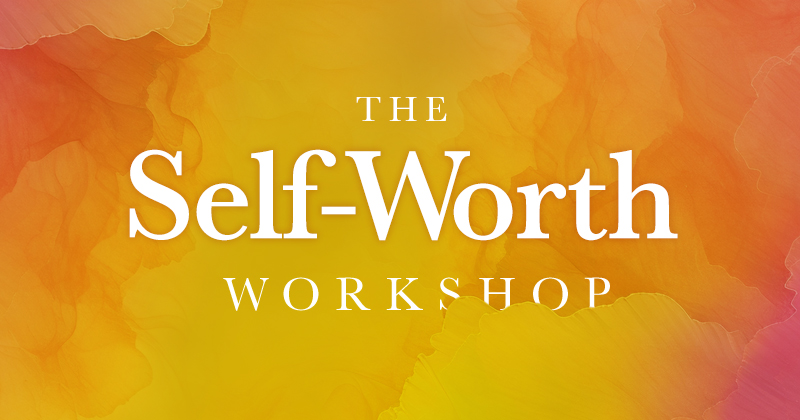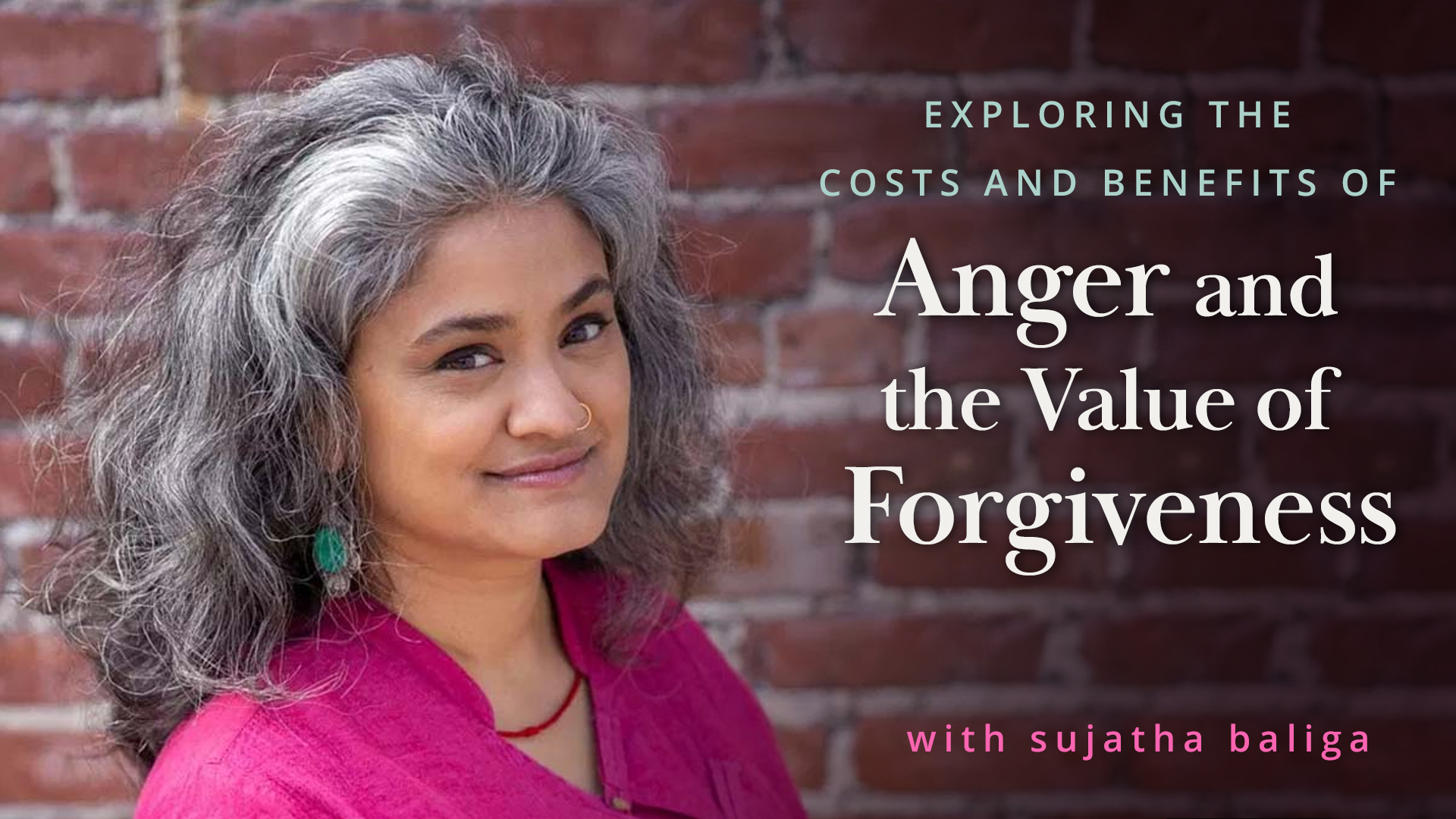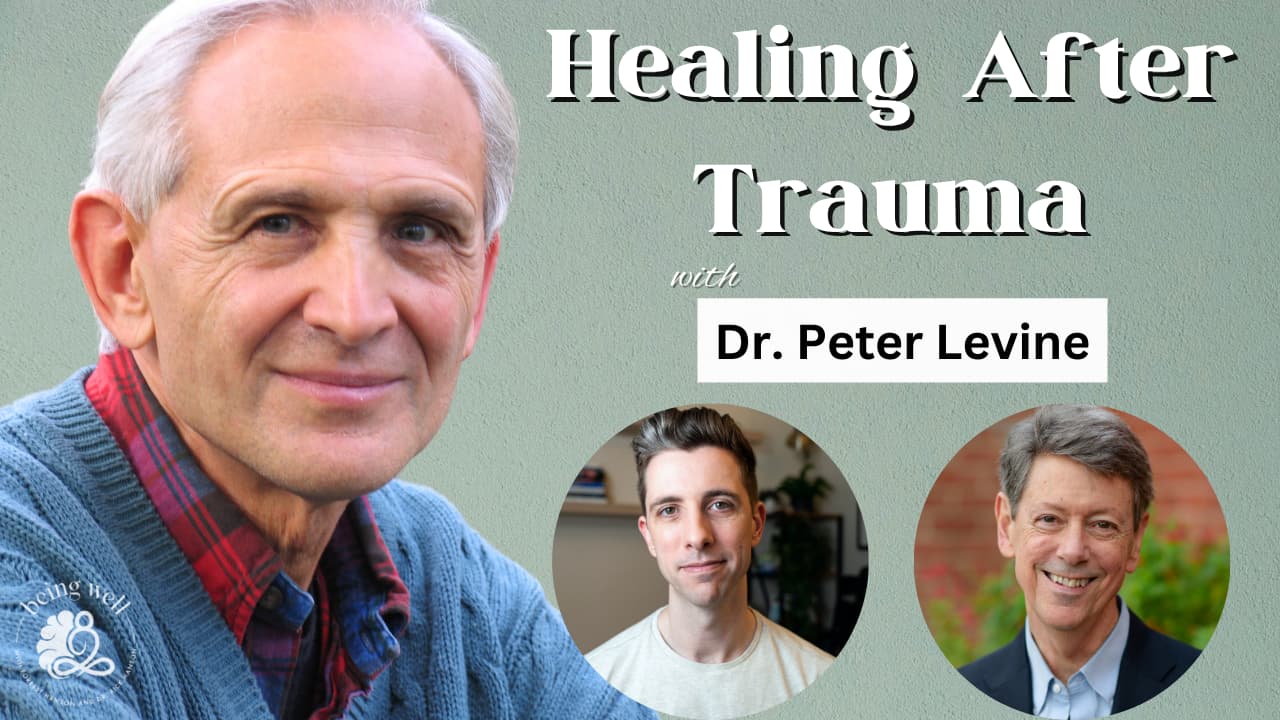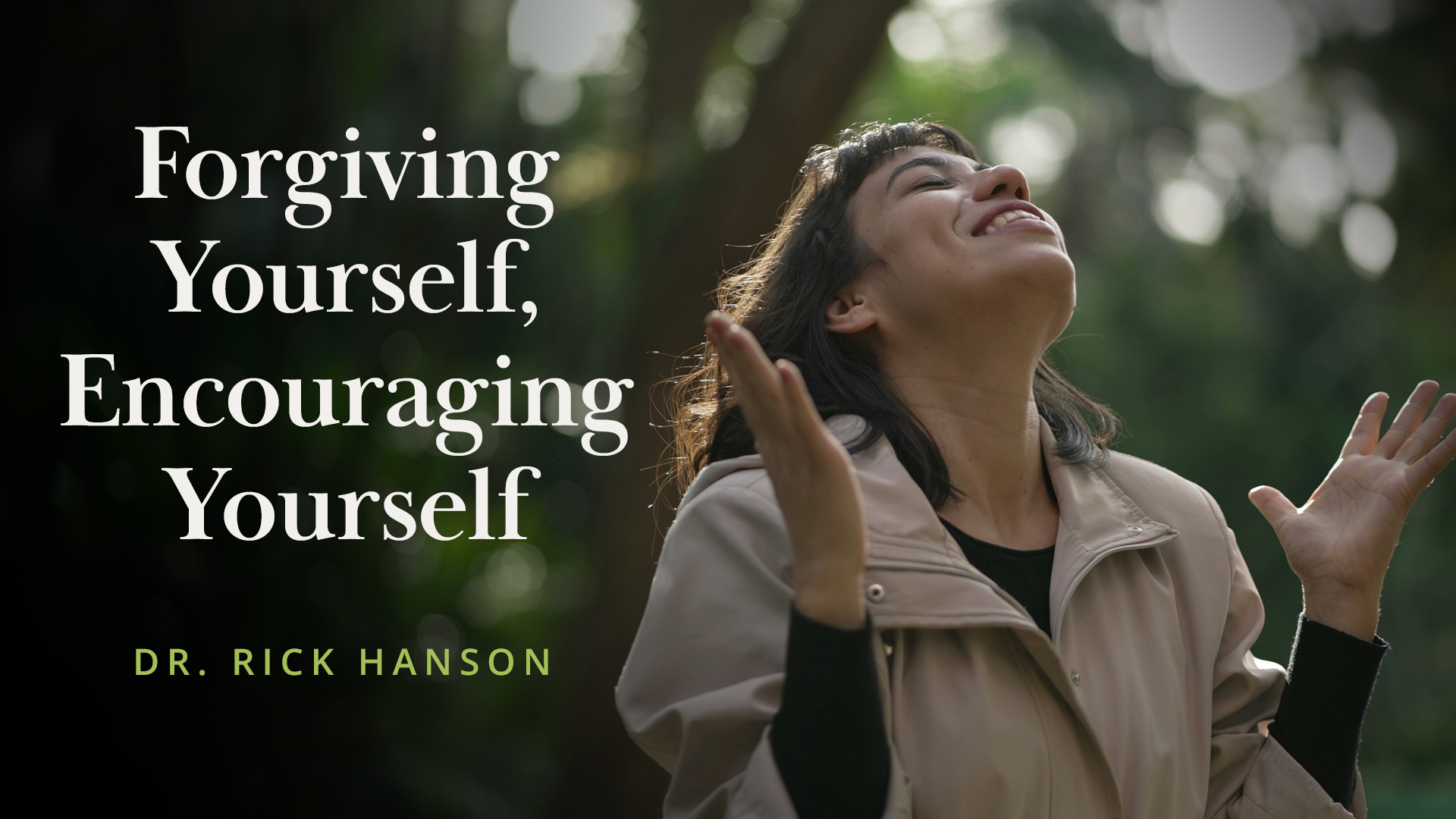Longing for love?
The Practice: Hug the monkey.
Why?
To simplify a complex process spanning 600 million years, your brain developed in ways that are loosely related to three major stages of vertebrate evolution:
- Reptile – Brainstem, focused on avoiding harms
- Mammal – Subcortex, focused on approaching rewards
- Primate/human – Neocortex, focused on attaching to “us”
Since the brain is integrated, avoiding, approaching, and attaching are accomplished by its parts working together. Nonetheless, each of these functions is particularly served and shaped by the region of the brain that first evolved to handle it.
The first JOT in this series – pet the lizard – was about how to soothe the most ancient structures of the brain, the ones that manage the first emotion of all: fear. The next one – feed the mouse – addressed how to help early mammalian neural systems feel rewarded and fulfilled. This JOT is about developing a strong sense of being included and loved.
In ancient times, membership in a band was critical to survival: exile was a death sentence in the Serengeti. Today, feeling understood, valued, and cherished may not be a life and death matter (though studies do show that survival rates for cancer and other major illnesses are improved with social support), but it certainly affects one’s happiness and effectiveness.
Unfortunately, many of us have encountered significant shortfalls of incoming empathy, recognition, and nurturance – or experienced wounds of abandonment, rejection, abuse, dismissal, or shaming.
Therefore, both to satisfy an innate human need for connection and to remedy old pain, it’s important to “hug the monkey” (an admittedly goofy phrase) inside yourself and thus absorb in one form or another that most fundamental human sustenance: love.
Get Tips Like This Delivered Right to Your Inbox
You can unsubscribe at any time and your email address will never be shared or sold.
How?
Try to routinely get a basic sense of feeling cared about. Check out this JOT for how to do this. Basically, imagine being in the presence of someone you know wishes you well; it could be a human, pet, or spiritual being, and in your life today or from your past; the relationship doesn’t need to be perfect as long as you matter to this person in some way, such as liking, appreciating, or loving you. Then, based on the fact that this person does care about you, open to feeling cared about in your body, heart, and mind. Savor this experience and really take it in. Help it sink down into you, all the way down into young, tender layers of your psyche . . . and really far down into those ancient primate parts in you and everyone else that desperately need to feel bonded with others, included in the band, recognized, and valued.
Next, get a sense of your own caring nature. Think of someone you naturally care for and explore what caring feels like in your body, emotions, thoughts, and inclinations toward action. In the same way, explore related experiences, such as being warm, friendly, affectionate, nurturing, encouraging, protective, acknowledging, or loving. Here too, really know and take in the sense of what it is like for you to “hug the monkey” in other people.
Now imagine a “caring committee” inside yourself that is involved with caring both for others – and for yourself. My own committee includes the plump fairy godmother in Sleeping Beauty, an internalized sense of my parents and others who’ve loved me, spiritual teachers, Gandalf, and tough-but-kind coaches on my journey through life.
Who (or what?!) is on your own committee? And how powerful is this committee in terms of caring for you compared to other forces inside your own mind? Since the brain is a giant network with many nodes, the psyche has many parts. These parts often coalesce into three well-known clusters: inner child, critical parent, nurturing parent. (Another way of describing these three clusters is: vulnerable self, attacker, protector.)
In most people, the inner nurturer-protector-encourager is much weaker than the inner critic-pusher-attacker. So we need to build up the caring committee by frequently taking in experiences of feeling cared about – and then to call on and listen to this committee!
So – get a sense of parts within you that want to feel seen, included, appreciated, wanted, respected, liked, cherished, and loved. Everyone has these parts. They often feel young, soft, or vulnerable. As you are open to hearing from them, notice any dismissal of them, or minimizing of their needs, or even disdain or shaming. Ask your caring committee to stick up for these parts, and to tell them their longings are normal and healthy.
Imagine your caring committee soothing very young parts of yourself . . . praising and delighting in older parts of you . . . offering perspective and wisdom about tough experiences you’ve had . . . reminding you of your truly good qualities . . . pulling for the expression of the best in you . . . hugging you, hugging those soft longing parts inside you, giving them what they need . . . and feeling down to the soft furry little sweet monkey inside you and every human being, holding and loving and hugging it.
And meanwhile, your young, yearning, vulnerable, or bruised parts can feel that they are receiving what they’ve always needed, what everyone needs: recognition, inclusion, respect, and love.
Know Someone Who Could Feel More Loved & Included?
Use the buttons below to share this article via social media or email.




